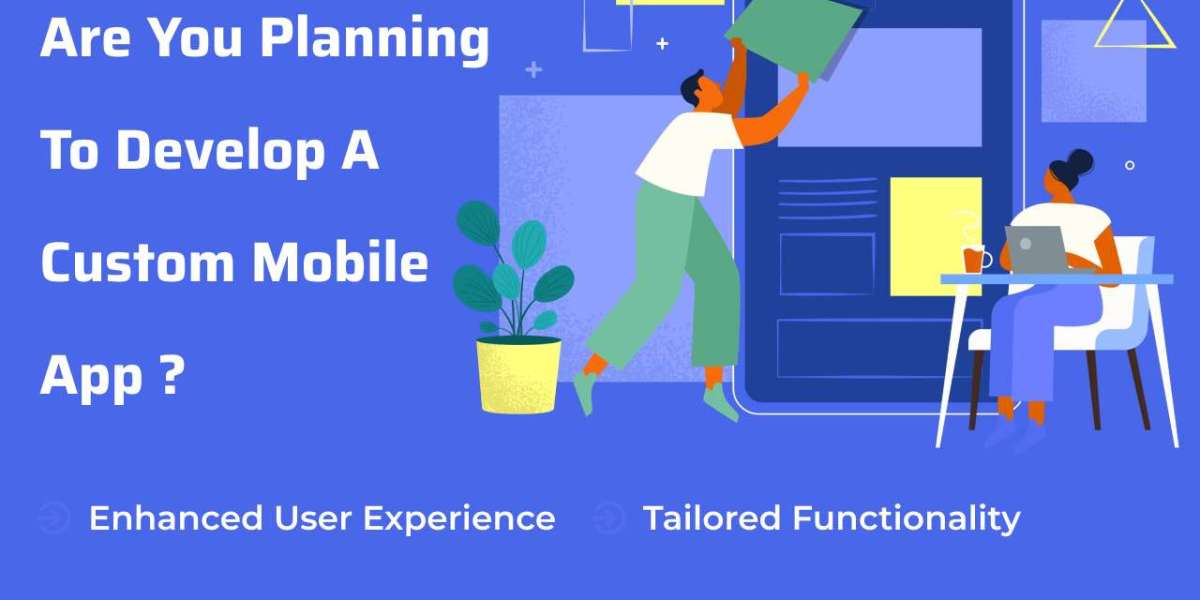But here’s the encouraging truth: your attention span isn’t permanently broken. It’s trainable — like a muscle. And with the right practices, you can rebuild it, strengthen it, and reclaim your ability to focus in a distracted world.
Here’s how to sharpen your attention span, even when life feels loud.
1. Understand the Cost of Context Switching
Every time you bounce from one task to another — checking a text, refreshing your feed, jumping between tabs — your brain has to reset. This "context switching" burns mental energy and reduces focus over time.
Start noticing how often you switch tasks. Most people do it unconsciously dozens of times per hour. Awareness is the first step toward reclaiming your focus.
Try this: commit to one task for just 10–15 minutes. Turn off all other tabs or apps. Give it your full attention — then take a short break before moving to the next thing. You’ll feel the difference.
2. Start a Daily Focus Practice (It Doesn’t Need to Be Long)
Like anything else, focus improves with practice. One of the most effective ways to train your attention is through short, daily mindfulness or breathwork sessions.
Even 5 minutes a day of focused breathing or body awareness can rewire your brain for better concentration. You don’t need to sit in silence for an hour — just sit still, breathe deeply, and notice when your mind wanders.
The Mana App is a great companion here, offering short guided sessions designed to boost presence, improve attention, and calm the nervous system — especially helpful if your mind is constantly racing.
3. Use the “Pomodoro” Technique to Train Focus
The Pomodoro method is simple:
Work for 25 minutes
Take a 5-minute break
Repeat for 3–4 cycles, then take a longer break
This structure builds endurance without burnout. Over time, you can gradually increase the work interval to 30, 40, or even 50 minutes.
The key is consistency. Each cycle helps your brain build focus stamina — one session at a time.
4. Make Distractions Less Tempting
You don’t need superhuman willpower — just fewer traps.
Try this:
Put your phone in another room or on airplane mode during deep work
Use website blockers to limit access to social media
Turn off non-essential notifications
Keep only one or two browser tabs open
Create a digital environment that supports your focus instead of fighting it.
5. Anchor Your Attention With Your Body
When your mind drifts, your body can bring you back.
Throughout the day, pause to check in:
What do I feel in my feet right now?
Can I take a deep breath and relax my shoulders?
What sounds are happening around me?
These quick check-ins help pull your awareness out of the cloud of distraction and back into the moment.
6. Practice Doing One Thing at a Time
Multitasking sounds productive, but studies show it lowers both performance and focus. Instead, try monotasking — doing one thing at a time with full attention.
Start small:
Eat without checking your phone
Walk without headphones for five minutes
Have one screen open instead of five
These practices sharpen your mind and remind you what presence feels like.
7. Take Mindful Tech Breaks
You don’t have to quit technology — just be more intentional with it.
Instead of doom-scrolling, try:
Watching a short calming video
Listening to a guided sound bath or meditation
Journaling for five minutes between tasks
Sitting quietly with music and a cup of tea
The goal is to rest your mind — not overstimulate it further. Apps like Mana can help you swap stress-scrolling for actual nervous system resets.
Final Thought
Your attention span hasn’t disappeared — it’s just scattered. And in a noisy world, choosing presence is an act of power.
You don’t have to be perfect. Start with five focused minutes. Build from there. Be kind to yourself when you get distracted — and gently return.
Because every time you come back to the moment, you’re strengthening the part of you that chooses calm over chaos. And that’s where focus lives.
About the Author
Iris Calderon is a focus and mindfulness coach who helps people reclaim their attention, energy, and inner clarity in the age of distraction. She specializes in nervous system regulation, intentional productivity, and tech-life balance.







